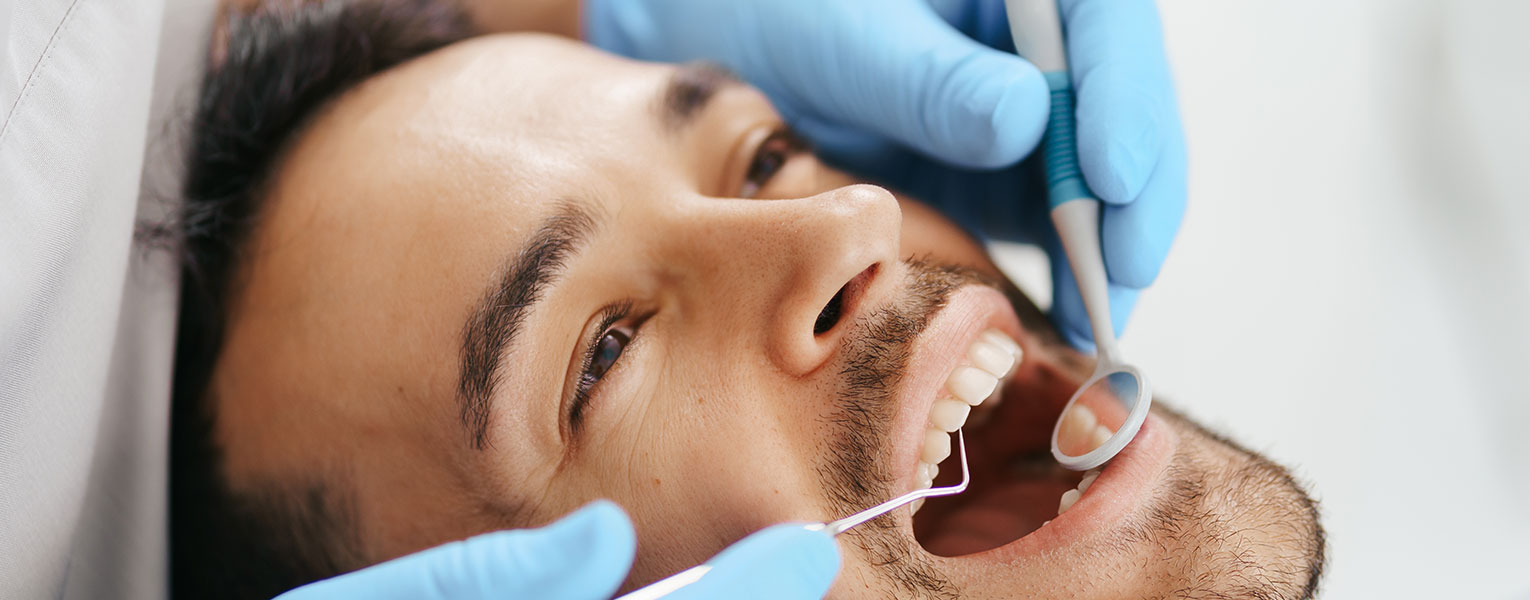What is Toothache?
Toothache can originate from the tooth itself or the surrounding tissues. While some of these pains may result from simple food impaction or irritation from hot beverages and may not require treatment, generally, the underlying cause of the pain indicates a more significant issue that requires treatment by a dentist.
The severity of toothache varies greatly depending on the type, size of the causative factor, and individual pain threshold. While a simple gum recession may only cause discomfort when consuming cold items, a tooth root infection can be discomforting enough to disturb sleep at night.
Assessing the seriousness of the condition based solely on the intensity of the pain is not a reliable method. Sometimes, significant bone loss in the jaw may not cause any discomfort to the patient, while a minor loss in a filling can significantly reduce quality of life. Therefore, it is crucial to promptly consult your dentist if you notice any abnormalities in your teeth, and even if you have no complaints, do not skip routine check-ups every six months.
Causes of Toothache:
- Cavities
- Wear and tear
- Sudden abscesses
- Tooth fractures or cracks due to accidents
- Infections in the gums
- Infections in the jawbones
- New teeth emerging in children
- Old fillings/crowns that have become loose
- Some impacted teeth and wisdom teeth
These are sources of pain that require treatment by a dentist. Paying attention to these pains signaling a problem and seeking treatment is of great importance, as untreated dental infections can pose life-threatening risks.
Treatment for Toothache
To treat toothache, it is necessary to first identify the source of the pain. This is determined through an oral examination, X-rays, intraoral photographs, and patient history.
The treatment can vary significantly depending on the situation. Sometimes, only a sensitivity-reducing toothpaste is needed, while other times, filling, crowning, root canal treatment, gum treatment, or tooth extraction may be necessary. The key is that the earlier the problem is diagnosed, the smaller the treatment required.
Should I Take Antibiotics When My Tooth Hurts?
Antibiotics are specialized drugs developed to combat harmful bacteria in the body. However, the content and dosage of antibiotics vary depending on the type of bacteria, the patient's age, weight, allergies, and other conditions.
Additionally, while antibiotics kill harmful bacteria, they can also harm beneficial flora in our bodies. Due to these risks, their over-the-counter sale is prohibited in our country. To prevent unnecessary antibiotic use, do not take antibiotics without consulting your doctor.
Article by: Dt. Koray Kendir
